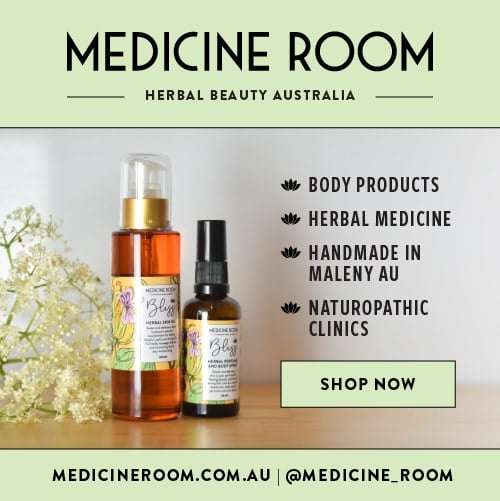Having happy and healthy pets is achievable from an early age!
Nutrition
Adequate nutrition is crucial for vitality and longevity. Our aim is to have puppies and kittens on balanced natural, partially raw, non-processed diet or home-made modified human diets using fresh ingredients (there are some free recipes and diets on our website). Research shows a major factor in pets’ illness causation is the “high-heat” cooking method of common pet foods, which adds toxins such as advanced glycation end products (AGEs) and maillard reaction products to kibble, canned food, and even many premium pet foods. Acrylamide, a known carcinogen may also be found. These toxins are hidden from the label, because they’re created when the food is cooked. Kibble has also been found to have glyphosate, which is otherwise known as ‘Round Up’ or weed killer, originally patented as an antibiotic. This disrupts the shikimate pathway of bacteria in the gut causing gut dysbiosis and overgrowth of gram negative bacteria (the nasty inflammatory kind) often causing IBD (Irritable Bowel Disorders).
The low nutritional value of common pet foods is also a major contributor to low energy, eating grass and pica, drinking more water than usual, digestive issues, anxiousness, bad breath, itchy skin, and many other common problems including cancer.
Intestinal Worming
As puppies and kittens can be infested from mum via placenta and their milk, worming treatments are necessary initially starting from two weeks of age and are repeated two weekly until 12 weeks. Adults need worming as required- especially if they are hunters or eat raw offal meats.
Vaccination
Starts from eight weeks containing two basic injections 4-6 weeks apart. The primary vaccinations are important for diseases in a given area such as the deadly parvo. After this innate immunity can be measured by antibody titre tests and many vaccines are no longer necessary. Vaccines, like other drugs, are not always “safe” for some, so to decrease the risk of causing autoimmune disease, seizures and atopy, we find reducing the number to what is the lowest risk and highest benefit is most appropriate.
Read next month’s column for holistic feline treatments from Dr Elaine!










Add comment